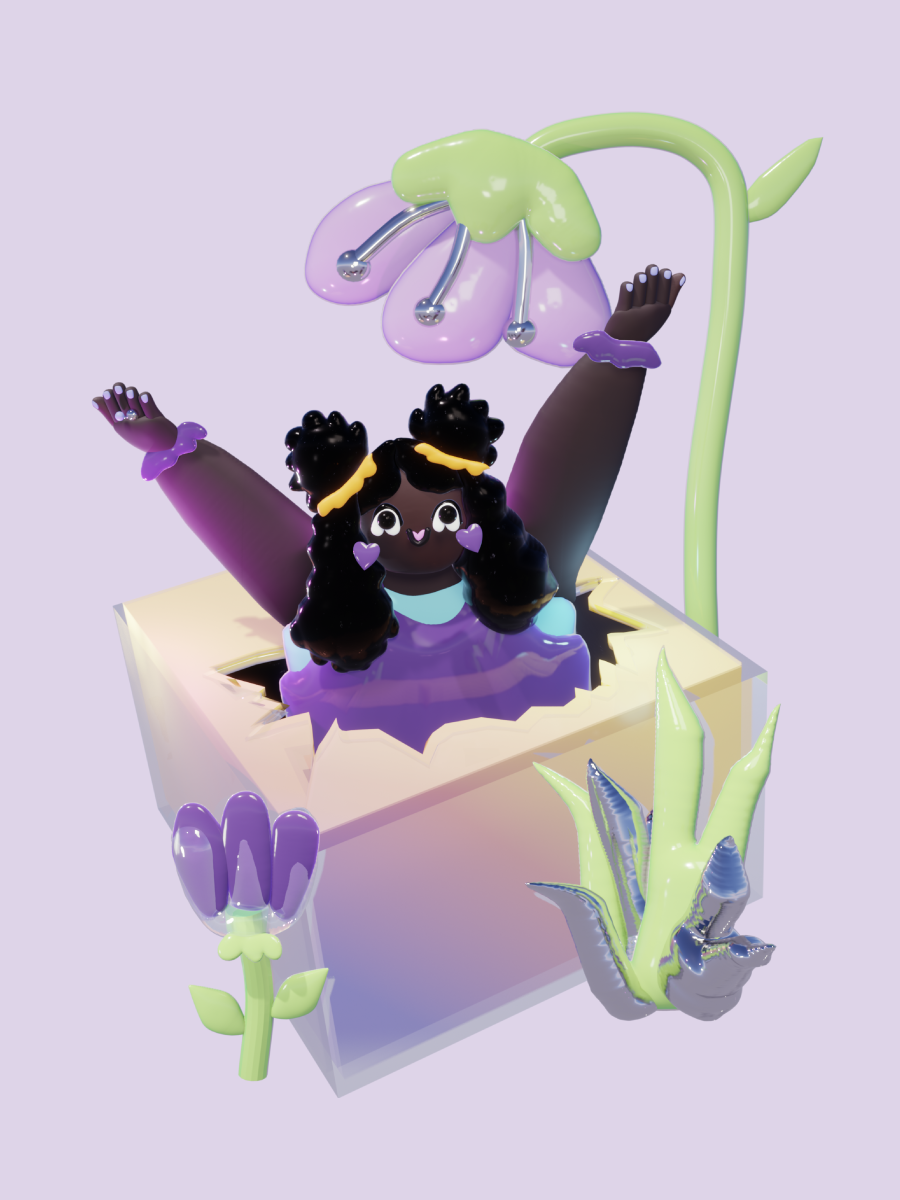Contents
Job fatigue can be brutal. Even after you log off, the stress can leave you feeling like the smoldering, snuffed wick of a candle that’s reached its end. As the host of the Black Girl Burnout podcast and founder of Burn Bright Consulting in Bethesda, Kelley Bonner helps people figure out how to reframe their relationship with work, incorporating self-care into their careers and beyond. Here are some of her top tips.
Define What Matters Most to You
One of the first things Bonner recommends is focusing on where you find meaning in life beyond the cubicle. Often, burnout can cause people to feel they’ve betrayed the values essential to who they are, leading to a diminished sense of self. Whether it’s connecting with friends and family, enjoying nature, or revisiting a neglected hobby, Bonner says it’s essential to define what’s central to your identity so you can begin to prioritize it.
Back to Top
Lead With Your Preferences
Saying yes to everything–especially when you know your time and energy are dwindling–is a classic recipe for burnout. It’s critical to let others know when you just can’t take on any more. Of course, saying no outright isn’t always easy. Bonner has a hack: Respond with a preference rather than a rejection. “Don’t say, ‘No, I refuse to work after 5 pm.’ Instead say, ‘I work best in the morning.’ ”
Back to Top
Make Space for Respite During the Workday
Bonner has two rules about daily self-care: It should be simple, and it should be free. It may mean carving out time for short screen breaks throughout the day, stretching at your desk, writing in a gratitude journal, finding time to meditate, or eating lunch with friends–all habits that can be integrated into your 9-to-5 rather than saving self-care for after-hours only.
Back to Top
Remember: Who You Are Isn’t What You Do
This mantra is especially important in Washington, where “What do you do?” can feel like a standard greeting. Repeat it to yourself whenever you need a reminder. “It’s okay to love what you do, but it’s also important to remember it’s not who you are,” says Bonner. “And that’s actually good news, because it frees you up to try new things and to expand yourself.”
Job fatigue can be brutal. Even after you log off, the stress can leave you feeling like the smoldering, snuffed wick of a candle that’s reached its end. As the host of the Black Girl Burnout podcast and founder of Burn Bright Consulting in Bethesda, Kelley Bonner helps people figure out how to reframe their relationship with work, incorporating self-care into their careers and beyond. Here are some of her top tips.
Back to Top
Define What Matters Most to You
One of the first things Bonner recommends is focusing on where you find meaning in life beyond the cubicle. Often, burnout can cause people to feel they’ve betrayed the values essential to who they are, leading to a diminished sense of self. Whether it’s connecting with friends and family, enjoying nature, or revisiting a neglected hobby, Bonner says it’s essential to define what’s central to your identity so you can begin to prioritize it.
Back to Top
Lead With Your Preferences
Saying yes to everything–especially when you know your time and energy are dwindling–is a classic recipe for burnout. It’s critical to let others know when you just can’t take on any more. Of course, saying no outright isn’t always easy. Bonner has a hack: Respond with a preference rather than a rejection. “Don’t say, ‘No, I refuse to work after 5 pm.’ Instead say, ‘I work best in the morning.’ ”
Back to Top
Make Space for Respite During the Workday
Bonner has two rules about daily self-care: It should be simple, and it should be free. It may mean carving out time for short screen breaks throughout the day, stretching at your desk, writing in a gratitude journal, finding time to meditate, or eating lunch with friends–all habits that can be integrated into your 9-to-5 rather than saving self-care for after-hours only.
Back to Top
Remember: Who You Are Isn’t What You Do
This mantra is especially important in Washington, where “What do you do?” can feel like a standard greeting. Repeat it to yourself whenever you need a reminder. “It’s okay to love what you do, but it’s also important to remember it’s not who you are,” says Bonner. “And that’s actually good news, because it frees you up to try new things and to expand yourself.”
This article appears in the December 2023 issue of Washingtonian.








